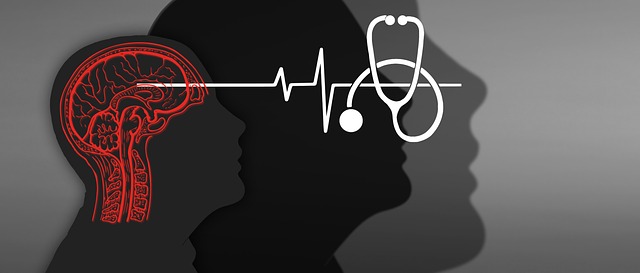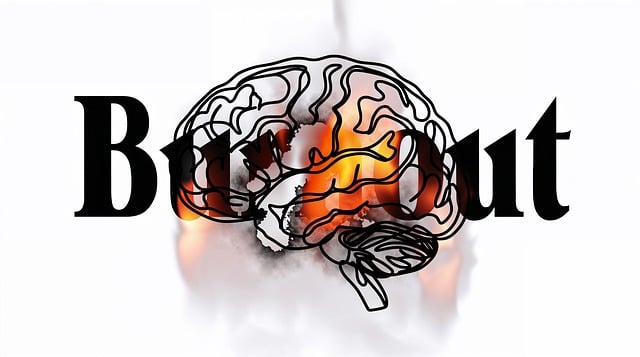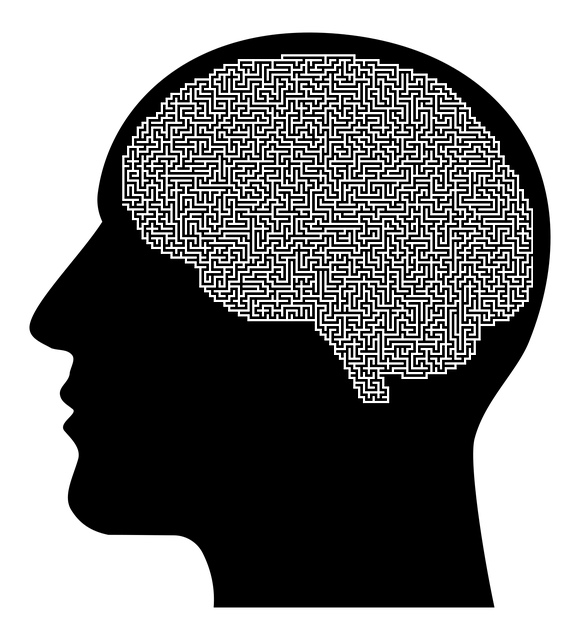Colorado Springs Biofeedback Therapy revolutionizes mental health care with advanced data collection and interpretation techniques, offering precise insights into clients' psychological states. By combining direct assessments, biofeedback technology, and cultural sensitivity, they identify triggers, patterns, and physiological responses to tailor personalized interventions and crisis guidance. This data-driven approach enhances treatment outcomes, enables risk management planning, and promotes inclusive care for diverse populations, making Colorado Springs Biofeedback Therapy a powerful tool in modern mental health practices.
Mental health data analysis is a powerful tool for understanding and improving patient care. This comprehensive guide explores the critical components of this process, from foundational knowledge of mental health data to innovative interpretation techniques like Colorado Springs Biofeedback Therapy. We delve into best practices for data collection, advanced analytical methods, and practical applications that drive improvements in patient outcomes. By understanding these elements, healthcare professionals can unlock insights hidden within data, fostering more effective treatment strategies.
- Understanding Mental Health Data: The Foundation of Analysis
- Colorado Springs Biofeedback Therapy: A Unique Approach to Data Interpretation
- Collection Methods: Ensuring Accurate and Reliable Data
- Analyzing the Data: Uncovering Patterns and Insights
- Practical Applications: Improving Patient Care and Outcomes
Understanding Mental Health Data: The Foundation of Analysis

Understanding Mental Health Data is a crucial first step for any analysis, serving as the bedrock upon which effective interventions and strategies are built. In Colorado Springs Biofeedback Therapy, for instance, collecting and interpreting data allows practitioners to gain profound insights into their clients’ psychological states and behaviors. This process involves meticulous examination of various factors like symptoms, triggers, and coping mechanisms, each offering a piece of the complex puzzle that is mental health.
The foundation of this analysis lies in robust communication strategies, empathy building strategies, and cultural sensitivity in mental healthcare practice. By fostering open dialogue, practitioners can encourage clients to express their experiences honestly. Cultural sensitivity ensures that data is interpreted within the context of diverse backgrounds, beliefs, and values, enhancing accuracy and personalized care. These elements collectively facilitate a deeper understanding of mental health data, enabling more precise interventions tailored to individual needs.
Colorado Springs Biofeedback Therapy: A Unique Approach to Data Interpretation

Colorado Springs Biofeedback Therapy offers a unique and innovative approach to mental health data analysis and interpretation. This cutting-edge practice leverages biofeedback technology to provide personalized treatment plans, focusing on both the mind and body connection. By measuring physiological responses such as heart rate variability, skin conductance, and brainwave activity, therapists gain valuable insights into their clients’ emotional states and stress levels.
This method allows for precise identification of triggers and patterns associated with mental health conditions. Moreover, it supports the development of effective Stress Reduction Methods and Crisis Intervention Guidance tailored to individual needs. Risk Management Planning for Mental Health Professionals benefits significantly from biofeedback data, enabling them to make informed decisions, enhance treatment outcomes, and ultimately foster a more holistic approach to patient care in Colorado Springs.
Collection Methods: Ensuring Accurate and Reliable Data

The collection of mental health data is a meticulous process that demands precision and reliability to ensure effective analysis and interpretation. At Colorado Springs Biofeedback Therapy, we prioritize accurate information gathering through diverse methods tailored to individual needs. This involves not only direct assessments by qualified professionals but also innovative techniques like biofeedback, which provides real-time feedback on physiological responses, enhancing the understanding of emotional states.
Cultural sensitivity in mental healthcare practice is paramount, and our data collection methods reflect this. By incorporating culturally informed approaches, we gather data that captures the nuances of different populations, promoting inclusive care. This ensures that coping skills development and resilience building are tailored to individual cultural backgrounds, enriching the therapeutic process.
Analyzing the Data: Uncovering Patterns and Insights

In the realm of mental health data analysis, Colorado Springs Biofeedback Therapy offers a unique lens to uncover hidden patterns and gain profound insights. Through advanced techniques, therapists can delve into an individual’s physiological responses, providing valuable information about their emotional states. By analyzing biofeedback data, professionals can identify specific triggers for stress, anxiety, or depression, allowing them to tailor interventions accordingly. For instance, patterns might reveal that certain situations or thoughts consistently lead to elevated heart rate and muscle tension, indicating areas for targeted therapy such as Positive Thinking or Conflict Resolution Techniques.
This process enables therapists to go beyond surface-level discussions and engage in a more profound exploration of the client’s mental landscape. They can identify recurring themes, emotional responses, and even subtle changes over time. Self-Awareness Exercises, integral to biofeedback therapy, empower individuals to recognize their own physiological cues, fostering a deeper connection with their inner selves. Such insights are instrumental in navigating complex mental health issues, ultimately guiding the development of personalized strategies for long-term well-being.
Practical Applications: Improving Patient Care and Outcomes

In the context of Colorado Springs Biofeedback Therapy, the practical applications of mental health data analysis and interpretation are profound. By meticulously analyzing patient data, therapists can gain valuable insights into emotional healing processes and tailor their approaches accordingly. This data-driven methodology allows for more precise and effective treatment plans, directly improving patient care and outcomes. For instance, identifying patterns in stress responses through biofeedback techniques enables therapists to teach patients specific relaxation strategies, enhancing their ability to manage anxiety and depression.
Moreover, the insights derived from mental health data can foster a culture of Mental Health Awareness in Colorado Springs Biofeedback Therapy practices. Understanding individual progress and challenges over time promotes confidence-boosting milestones for patients. This continuous evaluation not only improves current treatment but also informs future strategies, ensuring that each patient receives personalized care that addresses their unique mental health needs effectively.
Mental health data analysis is a powerful tool for improving patient care, and approaches like Colorado Springs Biofeedback Therapy demonstrate its potential. By understanding data collection methods, employing robust analysis techniques, and considering practical applications, healthcare professionals can uncover valuable insights to enhance treatment outcomes. This holistic approach ensures that mental health services are tailored to individual needs, fostering better patient care in a dynamic healthcare landscape.













